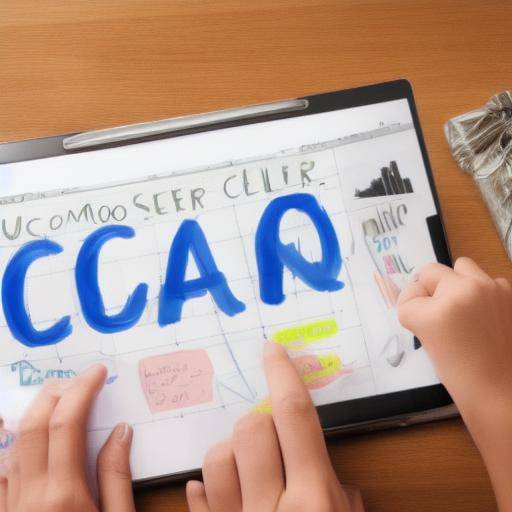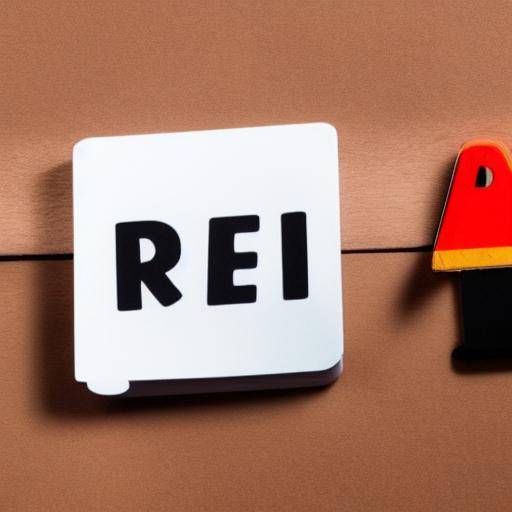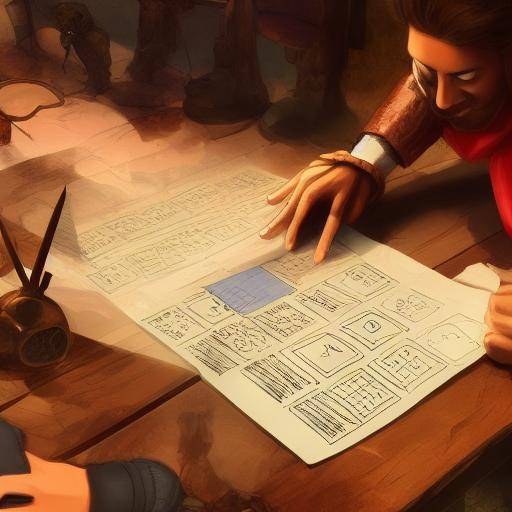
Introduction
We all face the fear of failure at some point in our lives. This fear can paralyze us and hinder our personal and professional growth. In this article, we will explore effective strategies to identify and confront the fears of failure. We will discover how personal development can help us turn the feeling of failure into an opportunity for growth. Through practical examples, expert advice and a panoramic view, we will accompany you on the journey to overcome those fears that limit us.
Identify fears: Recognizing the impact of fear of failure
Fears of failure can manifest in various ways and present different challenges. Recognizing these fears is the first step in overcoming them. We will explore common signs that reveal fear of failure, how our lives affect, and how our personal development impact.
Impact of the fears of failure in everyday life
Fears of failure can limit our ambitions, prevent risky decision-making or reduce our self-confidence. We will analyze how these fears affect our personal relationships, job opportunities and long-term goals.
Alert signs: How to identify fears of failure
Learning to identify the symptoms of fears of failure will enable us to effectively address them. We will examine the emotional, cognitive and behavioral signs that may indicate the presence of these fears.
underlying factors: Origins and causes of fears of failure
We will explore the possible origins and causes of the fears of failure, from past experiences to social pressures and personal expectations. Understanding these roots will help us confront and overcome these fears more effectively.
Addressing Strategies: Facing Fears of Failure
Once identified, it is crucial to address these fears to advance towards personal development. We will analyze different strategies and exercises to confront and actively challenge these fears. From creative visualization to gradual exposure, we will explore each approach in detail.
Failures: The Transformation of Failure on Opportunity
Failure is not the end of the way, but an opportunity to grow and learn. We will discover how to face failure productively, transforming this experience into a catalyst for personal development.
Changing perspective: A new vision of failure
We will explore different approaches to understanding failure. From redefining our perceptions to managing our emotions, we will learn to manage failure constructively.
Learning and Growth: Extracting lessons from failure
Failure can be a valuable source of learning. We will discuss how to identify and take advantage of the lessons hidden behind each failed experience. Through concrete examples, we will illustrate how failure can boost personal development.
Resilience and Overcoming: Cultivating Emotional Fortress
Resilience plays a key role in managing failure. We will explore strategies to strengthen our emotional resilience and how this feature can boost our personal growth.
Personal development: The road to overcoming fears of failure
Personal development is a powerful tool to confront the fears of failure. We will explore how the focus on personal growth enables us to overcome challenges, embrace failure and achieve our full potential.
Self-knowledge and empowerment: Discovering your potential
Self-knowledge is the first step towards personal development. We will explore how to explore our strengths, weaknesses and values impoderate us to face the fears of failure more effectively.
Setting goals: Marking the road to success
The establishment of clear and affordable goals is critical to personal development. We will assess how realistic and meaningful goal setting can be a powerful tool to overcome the fears of failure and keep the focus on growth.
Self-care and emotional well-being: Balance for success
Personal care and emotional well-being are fundamental aspects of personal development. We will explore strategies to maintain a healthy balance, manage stress and foster self-esteem, creating an enabling environment to tackle the fears of failure effectively.
Troubleshooting and Decision-making: Growth Tools
The ability to solve problems and make informed decisions are key skills to overcome the challenges of failure. We will discuss how to develop these skills and apply them in everyday life.
Conclusions
Overcoming fears of failure and cultivating personal development is a continuous process that requires effort and commitment. By identifying our fears, confronting failure constructively and focusing on our personal growth, we can transform obstacles into opportunities. With appropriate knowledge and strategies, it is possible to impoderate ourselves to achieve our full potential, without the fear of failure stopping us on our path to success and personal realization.
FAQs
How can I identify if I'm afraid of failure?
Fear of failure can manifest in different ways, from anxiety and avoidance to excessive self-criticism. Watch your thoughts and emotions in challenging situations to identify whether the fear of failure is affecting your actions or decisions.
What can I do to face failure positively?
Change your perspective on failure, focusing on the lessons you can draw from each experience. Practice self-compassion and emotional resilience to face failure constructively, recognizing that failure is part of the growth process.
How can personal development help me overcome the fear of failure?
Personal development empowers you to cultivate self-confidence, resilience and self-knowledge, fundamental aspects to confront the fears of failure. By setting meaningful goals and focusing on your emotional well-being, you can effectively address the fear of failure.
What is the role of resilience in managing failure?
Resilience is crucial to confront failure positively. Cultivating resilience allows you to quickly recover from adversities, learn from failed experiences and maintain an optimistic attitude towards future challenges.
Why is it important to set goals in personal development?
Setting goals in personal development gives you a sense of direction and purpose. Establishing attainable goals motivates you to move forward, overcome obstacles and keep the focus on growth, helping you cope with the fears of failure with determination.
What practical strategies can I implement to strengthen my emotional resilience?
Practicing gratitude, maintaining an optimistic attitude, cultivating support networks and caring for your physical and emotional well-being are effective strategies to strengthen emotional resilience. Incorporating activities that promote self-esteem and adaptability also contributes to strengthening resilience.
With this extensive and detailed exploration of how to identify and confront the fears of failure, as well as the fundamental role of personal development in this process, we hope to have provided our readers with the tools necessary to effectively address this challenge. Fear of failure does not have to limit our potential; on the contrary, it can become a personal growth and overcoming engine. Through self-knowledge, resilience and the establishment of meaningful goals, we can transform fear of failure into an opportunity to achieve our goals and aspirations.








































